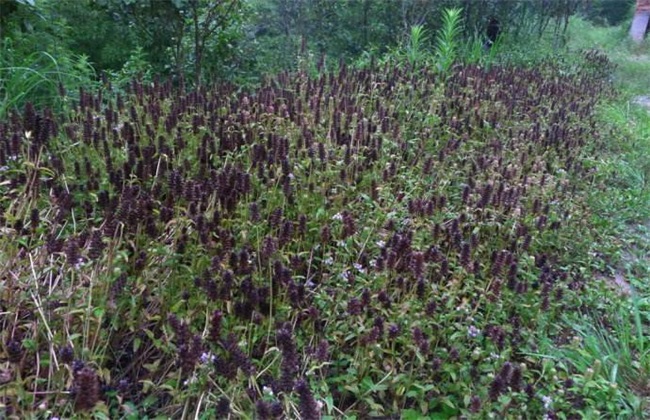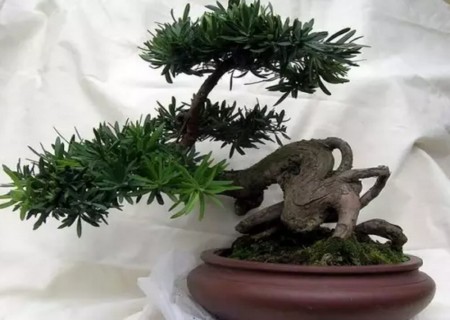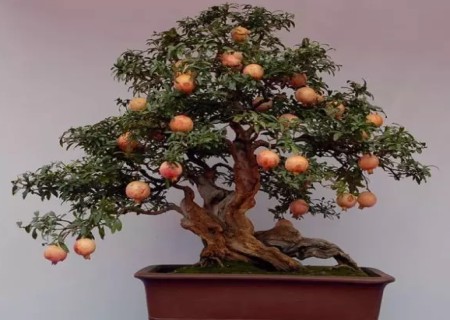Seedling Techniques of Prunella vulgaris
Prunella vulgaris is a common weed growing in roadside, broken mountains and fields in the south, and it is also a commonly used medicinal plant. It is a perennial herb with a fruiting period from July to August. Strong adaptability and tenacious vitality. At present, it is mainly used for the cultivation of medicinal materials to create economic benefits. it is necessary to raise seedlings first, and then the seedlings can be planted in a large area. At present, the main way of raising seedlings is to sow and raise seedlings, in addition, to separate plants into seedlings, and now introduce the ways of raising seedlings.

I. seed selection and seed collection
If you can buy seeds for the first time, you should investigate the source of seeds on the spot and choose good and full seeds. If it is the second time, the mother plant of Prunella vulgaris should be selected to collect seeds, and the mature seeds with no disease and normal color should be selected. Clean, dry, seal and store after removing impurities.
II. Land selection and preparation
The best choice of seedling land is in the leeward to the sun, good light, convenient drainage and irrigation, deep fertile nitrogen fertilizer land. Before the establishment of the seedbed, the whole field should be ploughed, rotary ploughing, fine ploughing once, applying base fertilizer, and mixed fine ploughing in the whole field. Set up a ridge with a width of about 1.3 meters, a groove width of 20 centimeters and a depth of 25 centimeters, then spray a suitable concentration of Jinggangmycin fungicide and dry it for 3 or 4 days before sowing.
3. Sowing seeds
Sowing is suitable for spring sowing and autumn sowing, generally spring sowing will directly dig down the surface soil of the ridge line, and then sow it evenly on the ridge line, then cover the topsoil back, cover it evenly and pour water through it, so that the seeds can compact and stick to the soil. Then it is watered every morning and evening to maintain 65% water content to satisfy the seed germination. But don't be too afraid of lack of oxygen and rotten seeds.
4. Seedling stage
After germination, the amount of water can be reduced and seedling diseases can be avoided, but there is still no shortage of water, more water should be irrigated after long leaves, and some low concentration solution of compound fertilizer should be added. When the seedlings are all emerging, the seedlings should be planted separately in time to avoid competing for nutrients, and the seedlings will not be able to catch up with the growth. And pull out some weeds quickly. One week before transplanting, the seedlings were mainly topdressing with nitrogen fertilizer and a small amount of phosphorus and potassium fertilizer. When transplanting, the soil was loosened and then transplanted.
(3) Seedling raising by separate plants
Before sprouting in spring, dig out the old roots of the previously planted plants, and then plant them separately, which can be directly planted in the field with a row spacing of 20 cm. The distance between the plants is about 5 cm, which is planted in holes or grooves, but the planting depth is about 8 cm. Keep moist all the time, promote rooting, and seedlings will emerge about a week to two weeks after rooting.
Prunella vulgaris seedlings are mainly the above two methods, but at present mainly sowing, sowing seedlings, can retain good characteristics, while ramet, growth is not as good as sowing, and easy to carry diseases, but ramet is relatively fast. You can choose the way of raising seedlings according to your own needs.
- Prev

Basic skills of bonsai creation
The creation of potted plants is mainly based on the experience generated by observing the beauty inside and outside of natural objects, and shaping the objects with the help of ingenious processing techniques, so that they can create a more aesthetic and ornamental process without violating the laws of nature.
- Next

Bonsai pomegranate trees bear fruit in several years
Everyone has a destined bonsai, and then the ordinary individual has a dream of poetic life in the bottom of his heart. Poetic life starts with bonsai! Pomegranate bonsai with wonderful beautiful tree shape, accompanied by green leaves, has gone through a long period of beautiful flowers. Sent us red lanterns full of trees symbolizing happiness and reunion.
Related
- Fuxing push coffee new agricultural production and marketing class: lack of small-scale processing plants
- Jujube rice field leisure farm deep ploughing Yilan for five years to create a space for organic food and play
- Nongyu Farm-A trial of organic papaya for brave women with advanced technology
- Four points for attention in the prevention and control of diseases and insect pests of edible fungi
- How to add nutrient solution to Edible Fungi
- Is there any good way to control edible fungus mites?
- Open Inoculation Technology of Edible Fungi
- Is there any clever way to use fertilizer for edible fungus in winter?
- What agents are used to kill the pathogens of edible fungi in the mushroom shed?
- Rapid drying of Edible Fungi

